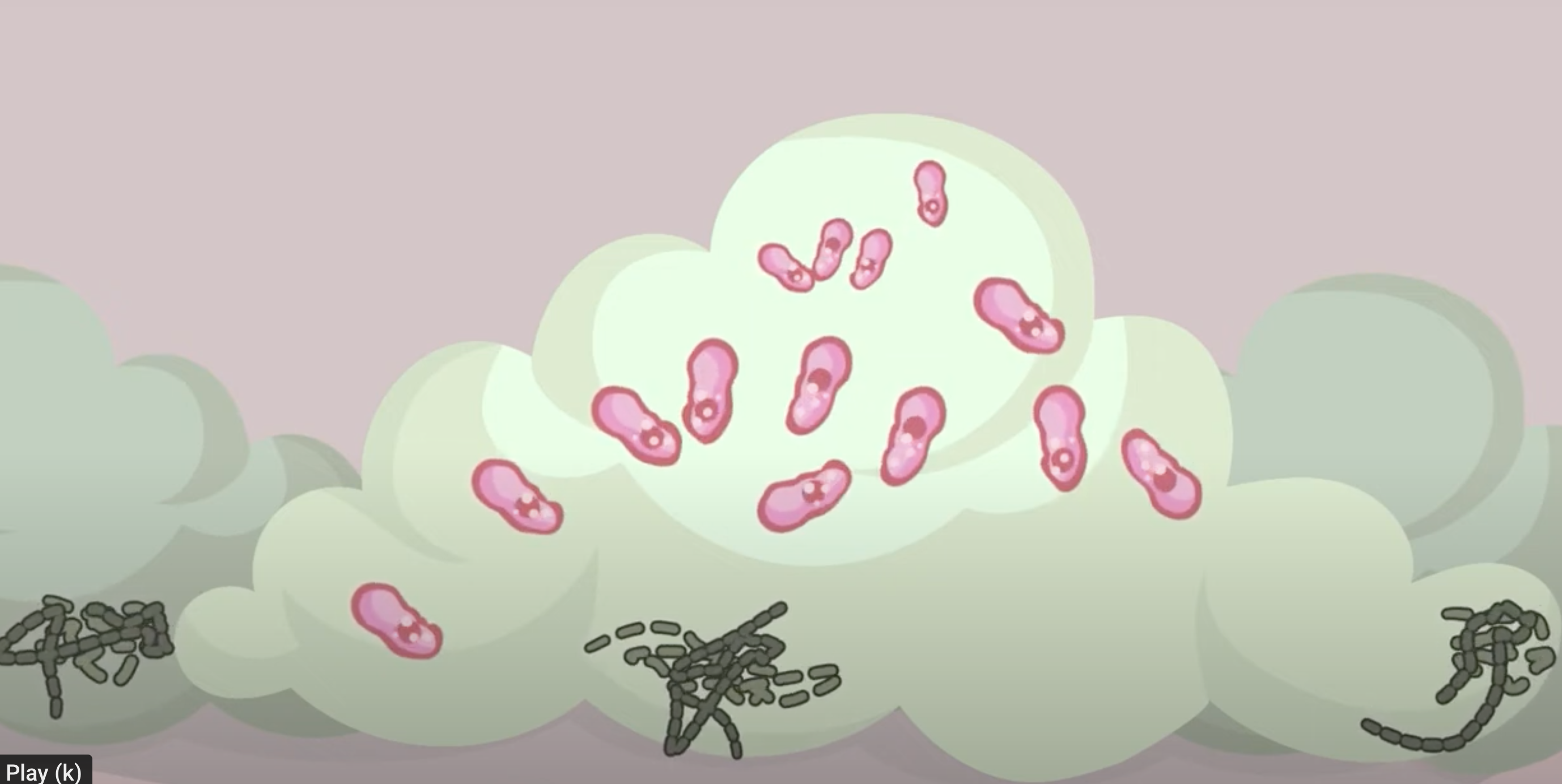Media release
From:
Aligned with the 2025 National Science Week theme of Decoding the Universe – Exploring the unknown with nature’s hidden language, the Food Safety Information Council is encouraging Australians to explore their ‘inner space’.
Associate Professor Julian Cox, the Council’s Scientific Director, said that while outer space is fascinating what happens in your insides is just as interesting.
‘There is a huge and diverse population of good bugs in your gastrointestinal tract – your gut – that helps you not only digest food, but contributes more broadly to the health not just of your body, but your mind as well. However, when we ingest bad bugs, a war is waged in our gut, and that can lead to food poisoning.
'The latest research from Food Standards Australia New Zealand estimates that there are around 4.7 million cases of foodborne illness in Australia each year. This means around 1 in 5 of us lose not just the battle, experiencing disease, but sometimes the war (yes, some lives are lost!).
'You can reduce your risk of becoming one of these cases by following these simple tips:
- CLEAN – wash hands with soap and water before handling food, and after handling raw and risky foods, wash all kitchen utensils regularly, and keep the kitchen clean;
- CHILL – keep the fridge at 5°C or below and clean it out regularly, refrigerate any leftovers as soon as they’ve stopped steaming, use them within 3 days, or freeze immediately for later use;
- COOK – cook poultry, sausages or minced or stuffed meat dishes to 75°C in the centre, and be aware of the risk of raw or minimally cooked egg dishes. Follow carefully any cooking instructions on food packaging. Instructions or not, use a thermometer to ensure the right core temperature is reached;
- SEPARATE – prevent cross contamination, especially between raw meat or poultry, and other foods that won’t be cooked, like ready-to-eat desserts and salads;
- DON’T COOK FOR OTHERS IF YOU HAVE GASTRO – you could make them sick too, just through handling even safe foods, so ask someone else to cook or get takeaway (from a reputable source).
‘Should you or someone in your family think they have a foodborne illness visit the doctor, especially if the victim is in a high-risk group such as the elderly, (generally regarded as being over 65 to 70 years), very young, pregnant or immunocompromised. If illness is confirmed get in touch with your local food enforcement contact to report it. It probably wasn’t the last meal you ate, so if you have any leftover food from recent meals, keep them refrigerated as they may be collected for analysis. Decoding the illness helps authorities and food producers to improve food safety practices,' Associate Professor Cox concluded.



 Australia; ACT
Australia; ACT


